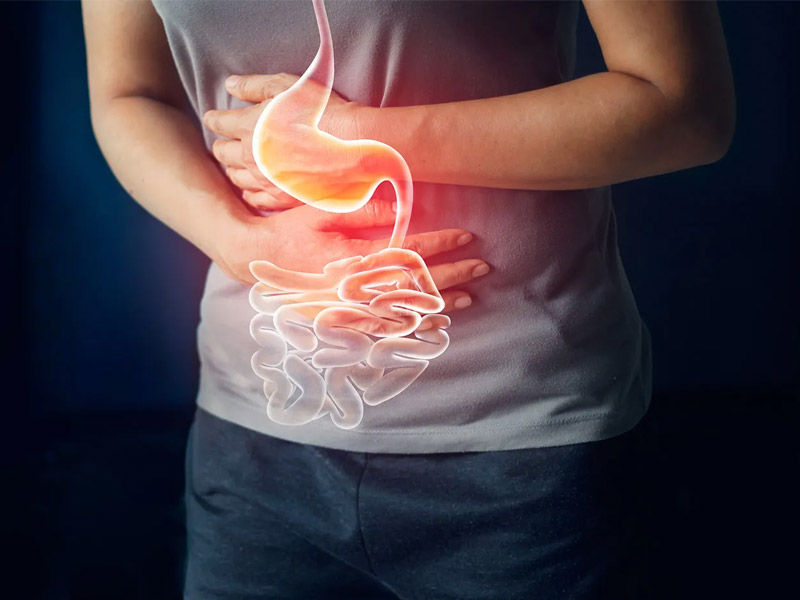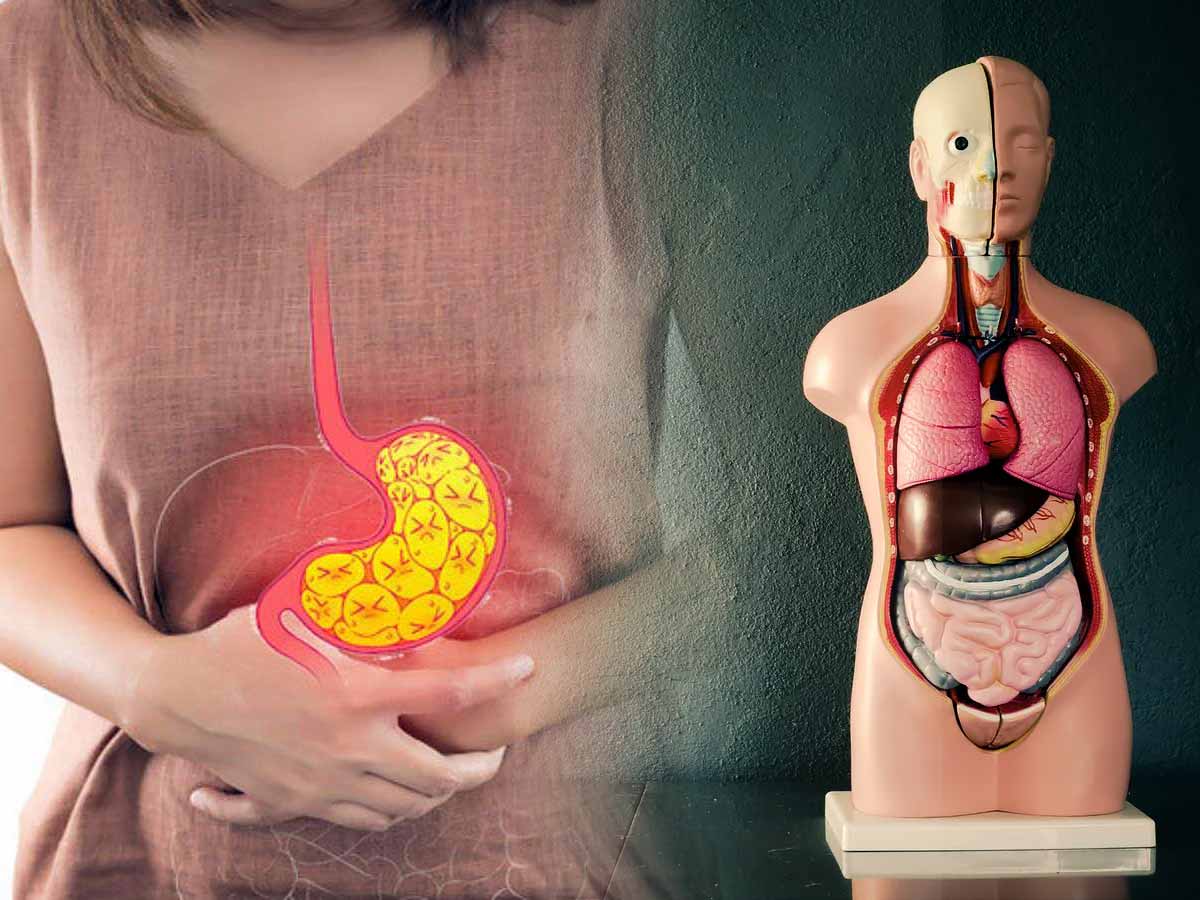Upper abdominal discomfort is known as indigestion, dyspepsia, or upset stomach. Instead of referring to a particular illness, the term “indigestion” denotes a set of symptoms, such as stomach pain and a feeling of fullness immediately after eating. Other digestive problems may also present with symptoms of indigestion.

Even while indigestion is widespread, everyone’s experience with it may vary slightly. Symptoms of indigestion may be felt rarely or as often as everyday.
Medication and lifestyle modifications can frequently alleviate dyspepsia.
Symptoms
When you have dyspepsia, you could experience:
feeling full early after eating. Even though you haven’t consumed much of your food, you feel stuffed and might not be able to finish it.
uneasy satiety following a meal. The sensation of being fuller than usual persists.
pain in the upper abdomen. The region between your belly button and the base of your breastbone hurts, ranging from mild to severe.
Upper abdomen burning. There’s a painful burning or heat feeling between your belly button and the base of your breastbone.
stomach bloating in the upper region. Your upper abdomen feels constricted, which is uncomfortable.
Also read: Superfoods to Eat if You’re Experiencing Hair Loss
queasy feeling. You have the need to throw up.
The symptoms of vomiting and belching are less common.
People who have dyspepsia occasionally also get heartburn. During or after eating, heartburn is a pain or burning sensation in the middle of your chest that may spread to your neck or back.
When to visit a physician
Generally speaking, mild dyspepsia is not cause for concern. If your discomfort persists for longer than two weeks, see your doctor.
If the pain is severe :, get in touch with your physician immediately.
unintentional lack of appetite or weight.
vomiting often or frequently and containing blood.
Tarry, black stools.
swallowing difficulty that intensifies.
Weakness or exhaustion, which could indicate anaemia.
Get medical help right away if you have:
Breathlessness, perspiration, or chest pain that travels to the jaw, neck, or arm.
chest pain at stressful or active times.

























